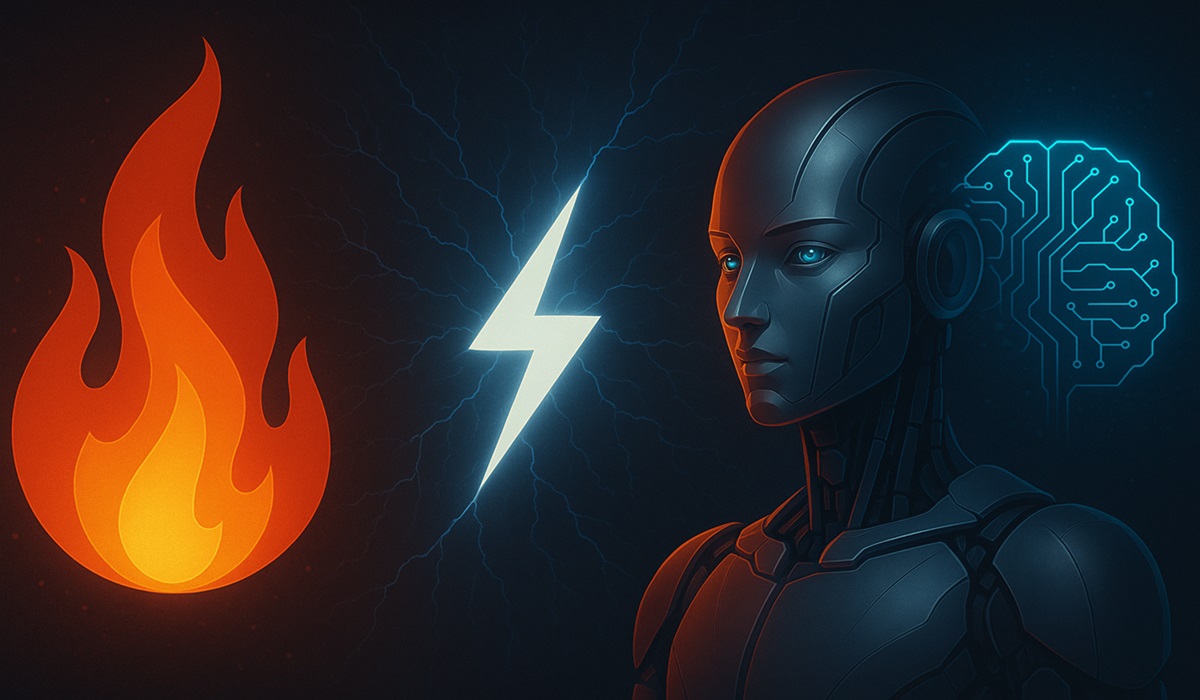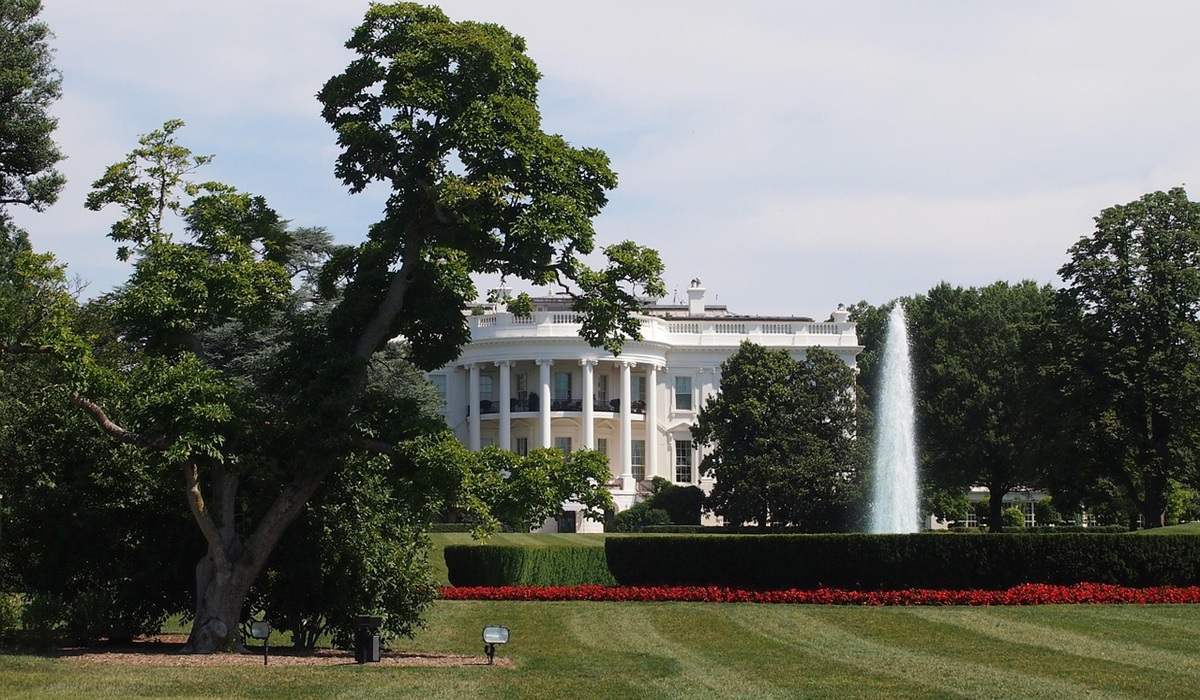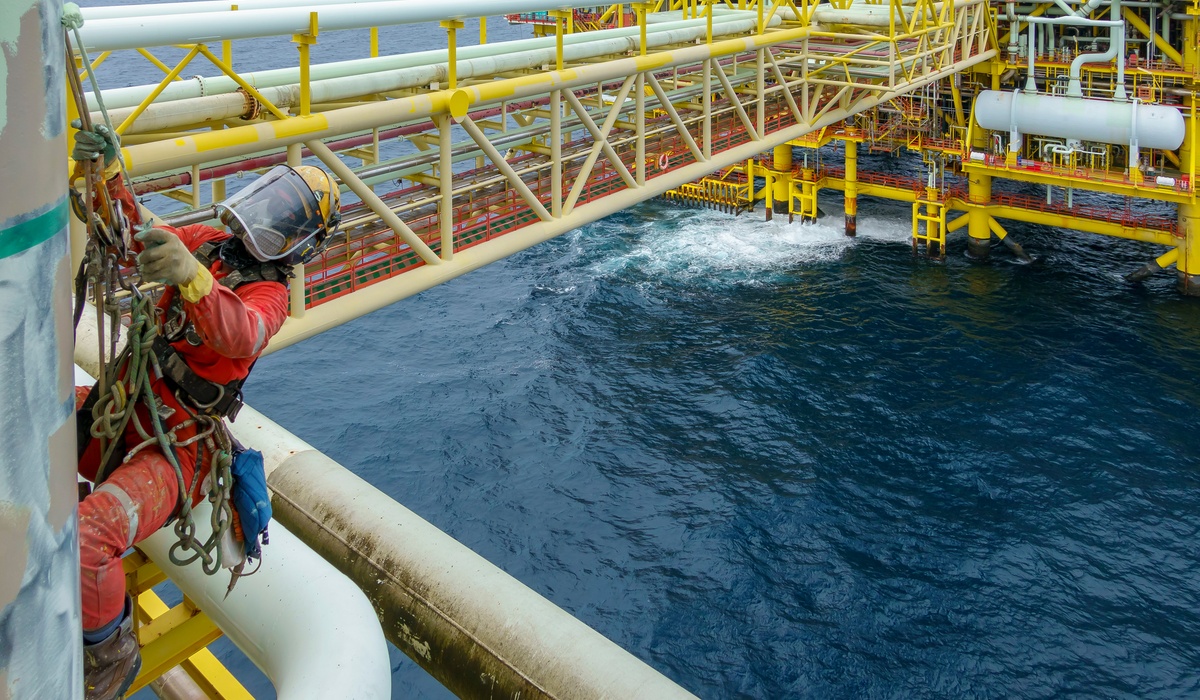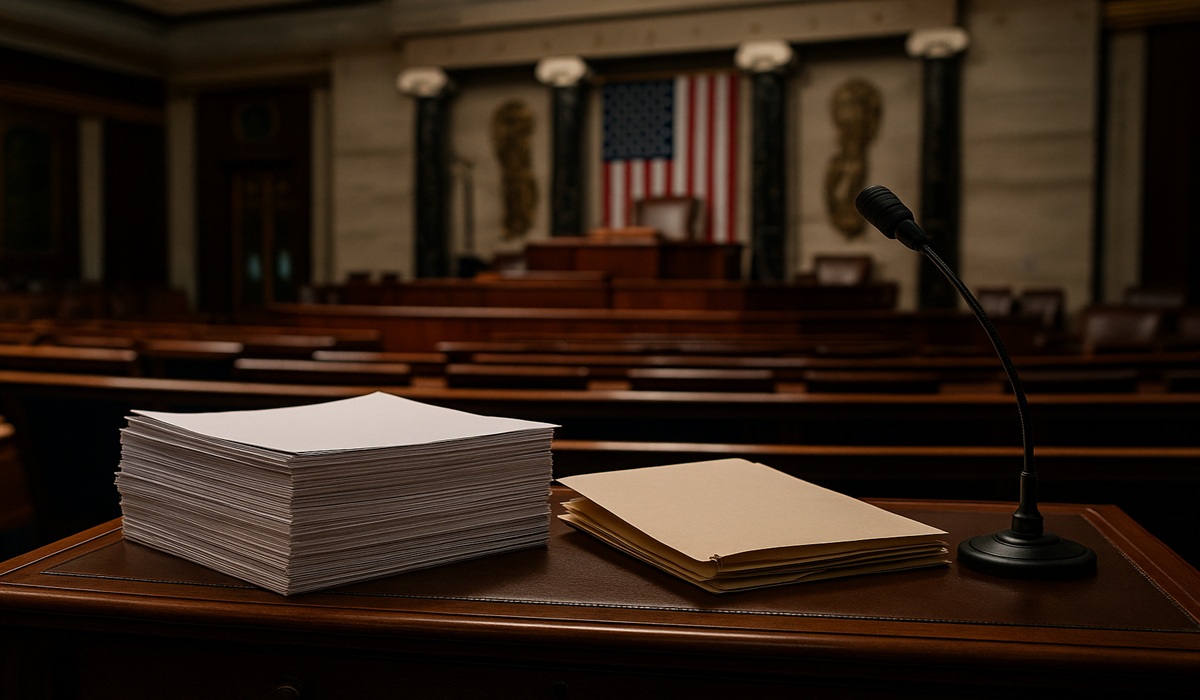When Sundar Pichai, the CEO of Google and Alphabet, declared that artificial intelligence is “more profound than electricity or fire,” it wasn’t just a bold soundbite for headlines. It was a seismic statement, one that demands both intellectual humility and serious reflection. Electricity lit the modern world. Fire fueled our evolution. But AI, according to one of the most influential technology leaders on the planet, surpasses both in its transformative potential. Let that sink in—not as a cliché, but as a civic call to awareness.
Pichai’s declaration didn’t come from a place of hype. It came from the epicenter of a company that helped birth modern internet search, redefined digital advertising, popularized cloud computing, and now sits at the vanguard of machine learning. Google didn’t just imagine a future with AI; it architected it—layer by layer, dataset by dataset. From Google Search to DeepMind’s AlphaFold, from TensorFlow to Gemini, the company has routinely challenged and shattered the boundaries of possibility. To have the leader of such an empire say that AI eclipses fire—arguably the earliest and most essential human technological leap—is no exaggeration. It is a truth rooted in foresight.
Artificial intelligence is not a singular technology—it is an ecosystem. It is the intelligence layer for all things digital. It is the exponential curve embedded within everything from medicine to agriculture, from energy to education. AI’s ability to process unfathomable quantities of data, detect patterns invisible to human cognition, and generate solutions that even seasoned experts might overlook—this is not future speculation. It is present-day reality.
Pichai’s comment, when considered through the lens of history, elevates AI to a force that shapes civilization itself. Fire gave humanity the ability to cook, forge, and protect. Electricity powered the second industrial revolution, enabling communication, computation, and modern life. But AI, in its many forms—from natural language processing to computer vision, from generative models to predictive diagnostics—is poised to redefine intelligence itself. It is not merely a tool; it is a multiplier of human potential.
Consider Google’s trajectory. The company began as a search engine that ranked pages based on links. Today, it is a global neural network—a constellation of services and systems trained on petabytes of information. Gmail anticipates your replies. Maps reroute you in real time. Google Photos recognizes your loved ones across decades of images. Even Google Translate now captures not just words, but nuance. AI underpins each of these. And it’s only accelerating.
With generative AI models like Gemini, Google isn’t just teaching machines to understand human language—it’s building systems that can reason, summarize, plan, code, design, and converse. These models can augment researchers, architects, musicians, and policymakers. They can simulate scenarios, create lifelike images, design experimental drugs, and even spot supply chain issues before they occur. It’s not science fiction—it’s the product roadmap.
But the profundity of Pichai’s warning is not merely in what AI can do, but what society must do in response. With the dawn of fire, we learned to contain it. With electricity, we regulated it. With AI, we are still learning what containment means. Unchecked, AI can reinforce biases, erode privacy, and disrupt employment. Properly guided, it can lift billions from poverty, unlock clean energy, and provide scalable education to the furthest corners of the globe.
That’s why Pichai’s voice matters. His words are not just reflective of Google’s technical dominance; they are a moral compass for a world approaching an inflection point. AI has no inherent morality. It learns from us. It replicates us. If we feed it bias, it returns bias. If we give it vision, it can offer insight. The technology is neutral. The impact is not.
So, when the CEO of Google says AI is more transformative than fire or electricity, we should not treat that as hyperbole. We should treat it as the informed insight of someone who sees both the code and the consequences. It’s a call to policymakers, educators, businesses, and every citizen: to engage, to prepare, to demand transparency, and to build responsibly.
What’s needed now is a collective commitment—not just to innovation, but to ethics. Not just to building AI, but to building good AI. This means investing in explainability, fairness, accessibility, and resilience. It means rethinking education systems so that the next generation doesn’t just consume AI but helps shape it. It means imagining labor markets where machines enhance human creativity, not displace it. It means creating governance frameworks that are proactive, not reactive.
Google may have ignited the modern AI renaissance, but the flame it has sparked belongs to all of us. As with fire and electricity, what we do next will define the trajectory of civilization.
The world is no longer waiting for the AI revolution. We are already living in it. The question is not whether AI will change the world—it already has. The question is whether we are wise enough to wield this new fire with purpose.
The answer will define our era.









